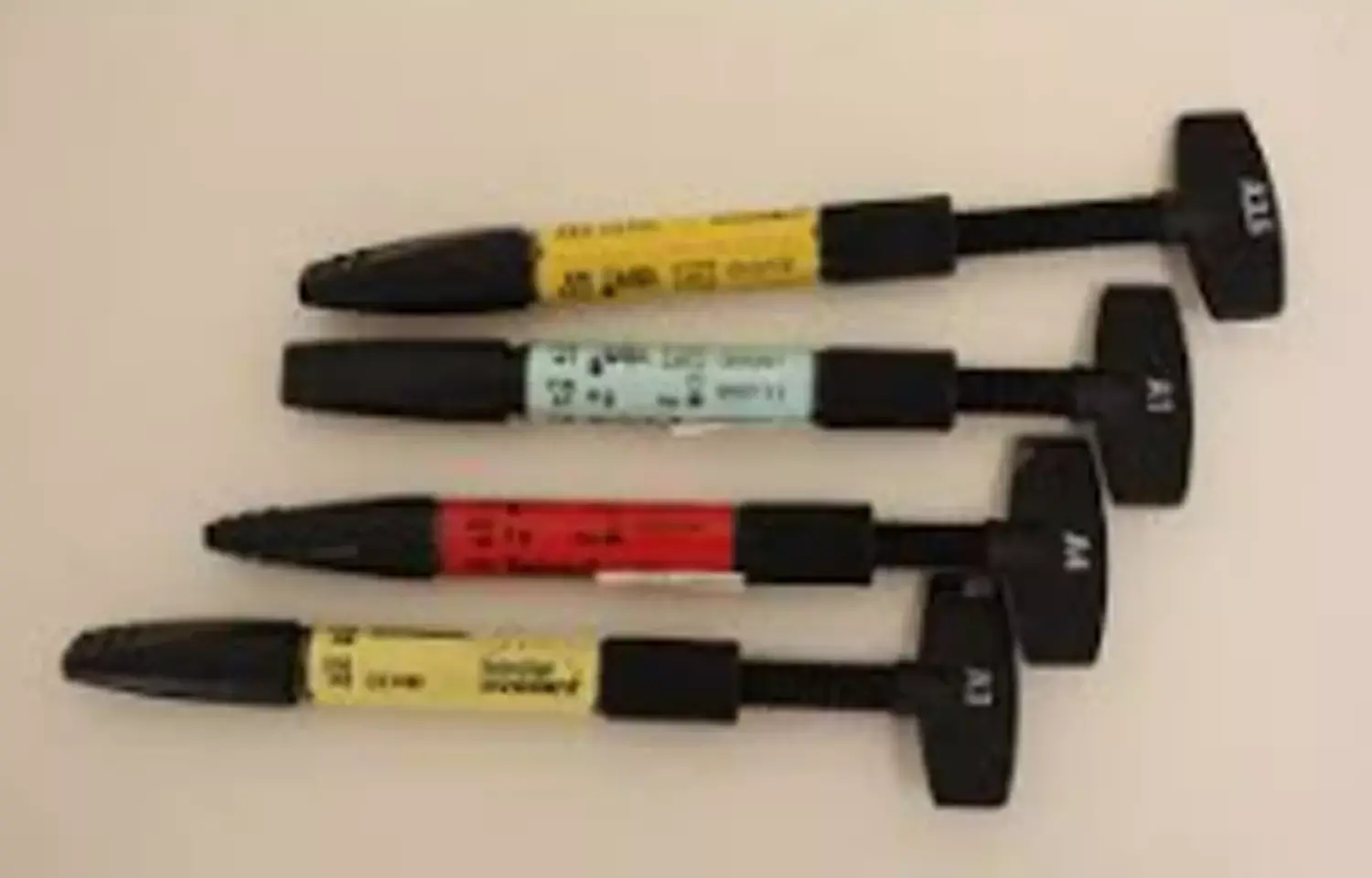- Home
- Medical news & Guidelines
- Anesthesiology
- Cardiology and CTVS
- Critical Care
- Dentistry
- Dermatology
- Diabetes and Endocrinology
- ENT
- Gastroenterology
- Medicine
- Nephrology
- Neurology
- Obstretics-Gynaecology
- Oncology
- Ophthalmology
- Orthopaedics
- Pediatrics-Neonatology
- Psychiatry
- Pulmonology
- Radiology
- Surgery
- Urology
- Laboratory Medicine
- Diet
- Nursing
- Paramedical
- Physiotherapy
- Health news
- Fact Check
- Bone Health Fact Check
- Brain Health Fact Check
- Cancer Related Fact Check
- Child Care Fact Check
- Dental and oral health fact check
- Diabetes and metabolic health fact check
- Diet and Nutrition Fact Check
- Eye and ENT Care Fact Check
- Fitness fact check
- Gut health fact check
- Heart health fact check
- Kidney health fact check
- Medical education fact check
- Men's health fact check
- Respiratory fact check
- Skin and hair care fact check
- Vaccine and Immunization fact check
- Women's health fact check
- AYUSH
- State News
- Andaman and Nicobar Islands
- Andhra Pradesh
- Arunachal Pradesh
- Assam
- Bihar
- Chandigarh
- Chattisgarh
- Dadra and Nagar Haveli
- Daman and Diu
- Delhi
- Goa
- Gujarat
- Haryana
- Himachal Pradesh
- Jammu & Kashmir
- Jharkhand
- Karnataka
- Kerala
- Ladakh
- Lakshadweep
- Madhya Pradesh
- Maharashtra
- Manipur
- Meghalaya
- Mizoram
- Nagaland
- Odisha
- Puducherry
- Punjab
- Rajasthan
- Sikkim
- Tamil Nadu
- Telangana
- Tripura
- Uttar Pradesh
- Uttrakhand
- West Bengal
- Medical Education
- Industry
Glass hybrid cost effective option for restoring permanent molars, reveals study

When considering the long-term (life-time) cost-effectiveness, glass hybrid showed cost savings but composite was limitedly more effective, finds a recent research. Overall, cost-effectiveness differences seems limited or in favour of glass hybrid, reports FalkSchwendicke and colleagues from the Department of Oral Diagnostics, Digital Health and Health Services Research, Charité - Universitätsmedizin Berlin, Germany
The study is published in the Journal of Dentistry.
The authors assessed the long-term cost-effectiveness of glass hybrid (GH) versus composite (CO) for restoring permanent molars using a health economic modelling approach.
A multi-national (Croatia, Serbia, Italy, Turkey) split-mouth randomized trial comparing glass hybrid and composite in occlusal-proximal two-surfaced cavities in permanent molars (n=180/360 patients/molars) provided data on restoration failure and allocation probabilities (i.e. failure requiring re-restoration, repair or endodontic therapy).
Using Markov modelling, the authors followed molars over the lifetime of an initially 12-years-old individual. Our health outcome was the time a tooth was retained, explained the lead author.
A mixed-payers' perspective within German healthcare was used to determine costs (in Euro 2018) using fee item catalogues. Monte-Carlo-microsimulations, univariate and probabilistic sensitivity analyses were conducted. Incremental cost-effectiveness ratios (ICER)s and cost-effectiveness-acceptability were quantified.
The results showed that in the base-case scenario, composite was more effective (tooth retention for a mean (SD) 54.4 (1.7) years) but also more costly (694 (54) Euro) than glass hybrid (53.9 (1.7) years; 614 (56 Euro). The ICER was 158 Euro/year, i.e. payers needed to be willing to invest 158 Euro per additional year of tooth retention when using composite. In a sensitivity analysis, this finding was confirmed or glass hybrid found more effective and less costly.
As a result, it was concluded that composite was more costly and limitedly more effective than glass hybrid, and while there is uncertainty around our findings, glass hybrid is likely a cost-effectiveness option for restoring permanent molars.
https://doi.org/10.1016/j.jdent.2021.103751
Dr. Nandita Mohan is a practicing pediatric dentist with more than 5 years of clinical work experience. Along with this, she is equally interested in keeping herself up to date about the latest developments in the field of medicine and dentistry which is the driving force for her to be in association with Medical Dialogues. She also has her name attached with many publications; both national and international. She has pursued her BDS from Rajiv Gandhi University of Health Sciences, Bangalore and later went to enter her dream specialty (MDS) in the Department of Pedodontics and Preventive Dentistry from Pt. B.D. Sharma University of Health Sciences. Through all the years of experience, her core interest in learning something new has never stopped. She can be contacted at editorial@medicaldialogues.in. Contact no. 011-43720751
Dr Kamal Kant Kohli-MBBS, DTCD- a chest specialist with more than 30 years of practice and a flair for writing clinical articles, Dr Kamal Kant Kohli joined Medical Dialogues as a Chief Editor of Medical News. Besides writing articles, as an editor, he proofreads and verifies all the medical content published on Medical Dialogues including those coming from journals, studies,medical conferences,guidelines etc. Email: drkohli@medicaldialogues.in. Contact no. 011-43720751


